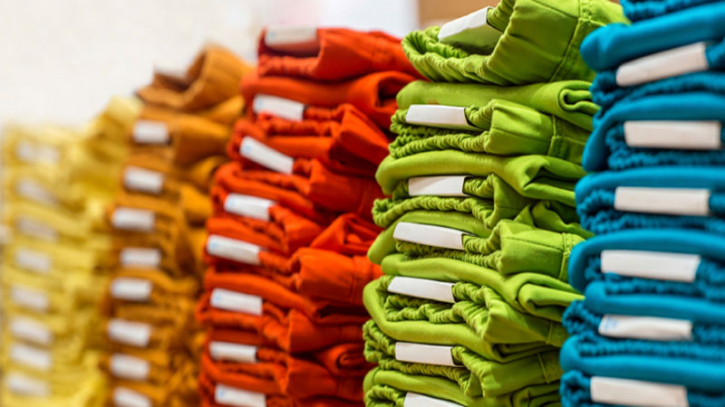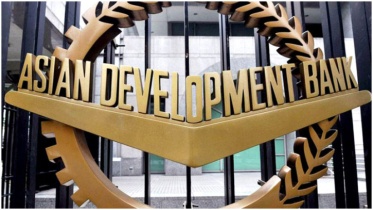Apparel exports from Bangladesh to EU jump 8.5% in Feb

Bangladesh's apparel exports to the European Union (EU) market surged by 8.5 per cent month-on-month to around €1.3 billion in last February – the highest in the last four months.
However, shipments to the 27-nation economic bloc remained 18.6% lower compared to the corresponding month a year ago, according to Eurostat.
Bangladesh has witnessed the most significant decline in apparel exports among its competitors in the EU countries during the first two months of 2024. This trend mirrors a similar decline observed in the United States market during the same period.
SM Mannan Kochi, president of the Bangladesh Garment Manufacturers and Exporters Association (BGMEA), said apparel exports are facing a challenging time as most buyers are not paying proper prices.
He explained that exporters are losing competitiveness despite increased production costs caused by utility price and wage hikes.
He also expressed concern that the escalation between Iran and Israel may significantly affect exporters in the coming months.
Mohammad Hatem, executive president of the Bangladesh Knitwear Manufacturers and Exporters Association, echoed the sentiments of the BGMEA president.
He mentioned that inquiries from western buyers had increased in recent months, but many manufacturers have been unable to entertain their orders as buyers are offering low prices.
Hatem also noted that buyers are now looking for shorter lead times, but Bangladesh's shipment time has increased to 89-90 days from 50-60 days due to the gas crisis. Consequently, many western buyers are placing their orders in Vietnam and China instead, he said.
In January-February 2024, the South Asian nation experienced a significant decline in its apparel exports to the EU market, amounting to a decrease of 26.74%.
According to Eurostat, the statistical office of the European Union, Bangladesh's exports totalled €2.48 billion during this period, down from €3.39 billion in the corresponding period of 2023.
Exporters highlighted that despite a surge in global demand for apparel, Bangladesh's benefits were minimal due to prolonged lead times and escalating production costs.
Specifically, the country saw a decline in its knitwear exports to the EU in January-February 2024, amounting to €1.42 billion compared to €2 billion in the same period a year ago.
Similarly, the country's woven garment exports to the 27-nation economic bloc during the first two months of 2024 decreased to €1.06 billion from €1.38 billion in the corresponding period of last year, according to Eurostat data.
Recent data from the US Department of Commerce's Office of Textiles and Apparel indicates that Bangladesh has fallen behind its competitors in apparel exports to the American market during the January-February period of 2024.
According to OTEXA data, Bangladesh experienced a notable decline of 19.24% in its apparel exports to the US during the first two months of this year. This contrasts with China, which saw export growth of 0.48%, and Vietnam, which recorded an increase of 0.14% during the same period.
According to Eurostat, clothing imports by the EU from various countries witnessed a decrease of 15.31% to €12.53 billion in the first two months of 2024, down from €14.80 billion in the same period last year.
Specifically, apparel imports from China to the EU in the January-February period dropped by 13.12% to €3.33 billion, compared to €3.83 billion in the same period of 2023.
The EU's apparel imports from Turkey decreased by 10.69% to €1.54 billion, down from €1.72 billion in the same period of the previous year.
.png)




